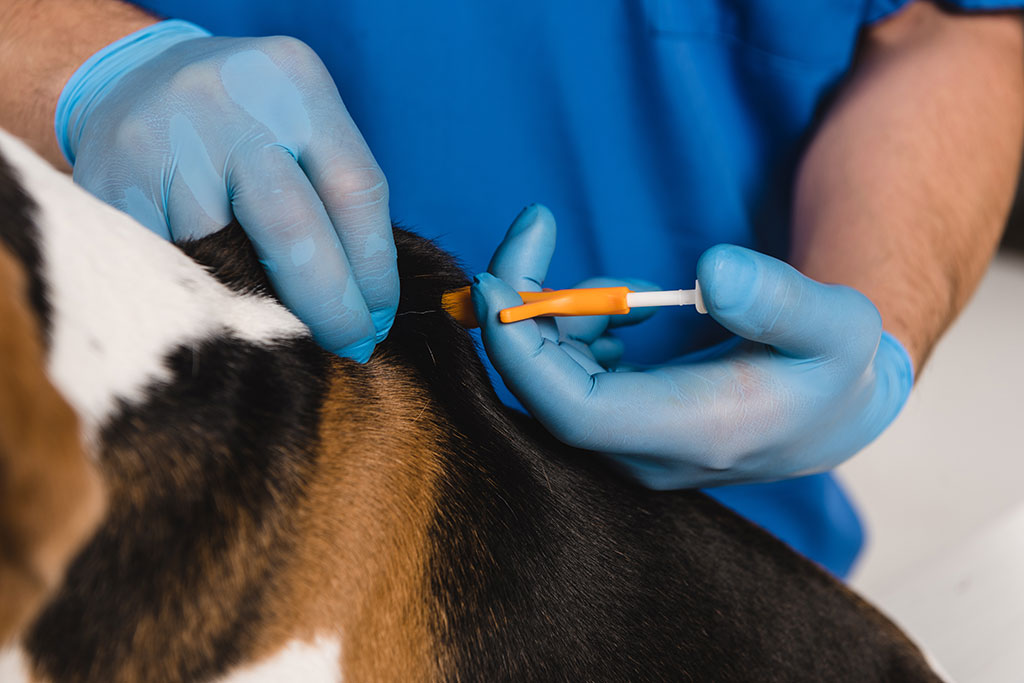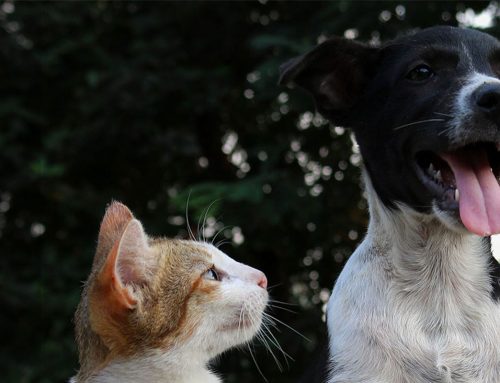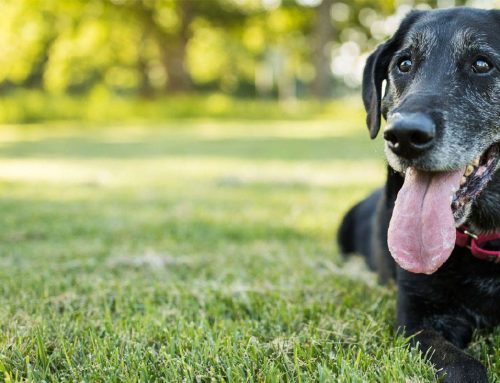Microchips: Easy, Safe, and Life Saving!
By Kiyoko Robertson, AAS, RVT
Hamilton Vet Clinic sees many pets that are found after getting out of their yards and especially during storms or fireworks where the loud noises and explosions can be terrifying and distressing to your furry friend. In trying to escape from these scary noises, they can sometimes become lost. Microchips and collars with ID tags make it easier to reunite your much loved pet in case they are lost.
Losing a beloved pet can be devastating. If you don’t know where they are or whether they are safe and unhurt it can be terribly worrying. If you have lost your pet, there are a number of things you can do to find them again, from posting on social media, making flyers, contacting your local vet hospitals and shelters and ensuring that they are microchipped with your contact details up to date.
Newcastle Council requires that all cats and dogs be permanently identified with a microchip either by 12 weeks of age, at the point of sale or at change of ownership under The Companion Animals Act 1998 and the Companion Animals Regulation 2008. The Council enforces this legislation and they update your registration information on the NSW Pet registry.
Microchips are very helpful in the event of the loss of a loved pet. One in three pets will become lost at some point in their life. One website, Petfinder.com reports that only 22 percent of un-microchipped dogs and 2 percent of un-microchipped cats are reunited with their families if they are lucky enough to be brought into a local shelter.
Dogs and cats with microchips have much better odds with over 60 percent being returned to their families!
Microchips are about the size of a grain of rice and the chip is inserted under the skin between the shoulder blades by a trained and professional veterinarian or veterinary nurse. No sedation is needed, and it is very simple and very safe. Most of our patients barely notice that the injection has been done, particularly as we are simultaneously rewarding them with lots of pats and tasty treats! Each microchip has a unique barcode that will stay with your pet for their entire life and all veterinary hospitals and shelters have universal scanners that can find this number.
Your personal information such as address or phone number is not on the chip itself. This is why it is vitally important that you complete the accompanying paperwork given to you at the time the microchip is implanted and it is sent to your local council. If you change phone numbers or move home, please inform Hamilton Vet Clinic and your local council so that they can update your details on your pet’s microchip registry.
Hamilton Vet Clinic keeps a copy of your pets microchip number on file so if a pet is brought into us, we can search our system as well as the national registry to contact you.
Don’t know your pet’s microchip number? We’re happy to scan your pet’s microchip anytime or implant one if needed. Just give us a bell and we can schedule a time that is convenient for you. Give us a call at 02 4969 6852 if you would like more information on microchips and how they can keep your pet safe!




